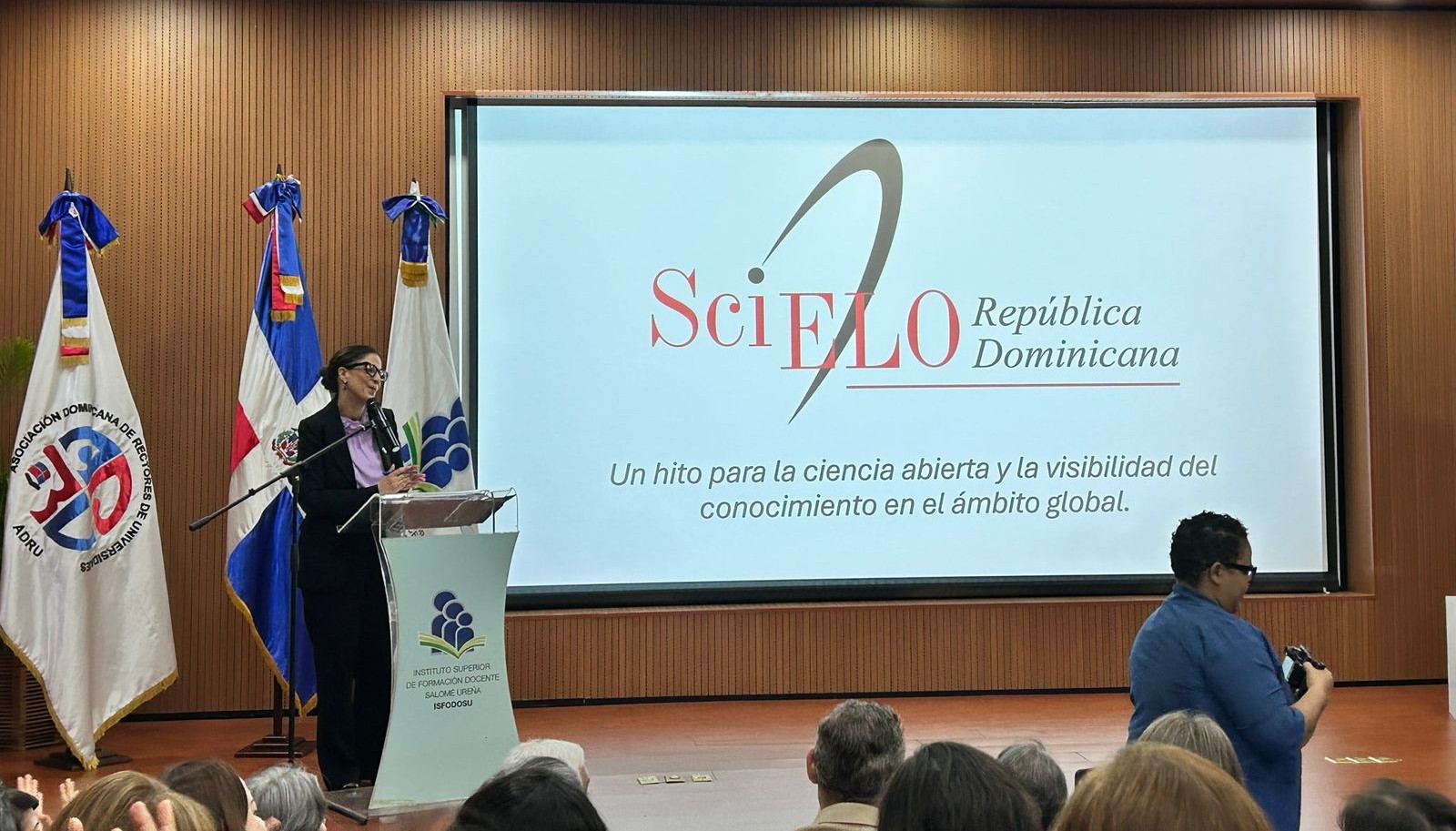Presented on August 14 at EDUTIC 2025, Medellín, Colombia.
The digital transformation, accelerated by the pandemic and added to the demands of a hyper-connected and changing society, forces higher education institutions to profoundly review their management and governance models.
This paper proposes a strategic reflection on the need to move from traditional administration schemes to more flexible, collaborative and digital educational governance models focused on hybrid teaching-learning environments.
Based on a critical review of recent experiences in Latin America, it is proposed that the institutional governance of the future must be able to simultaneously articulate pedagogical, technological and organizational aspects, promoting university management that is adaptable to uncertain contexts, multimodal learning scenarios and a diverse student population.
This transformation requires rethinking managerial roles, reconfiguring decision-making processes, and strengthening academic autonomy with data-driven accountability mechanisms.
The proposed model is based on three pillars:
- Distributed governance, which promotes the active participation of faculty, students and technical staff in academic planning and institutional innovation.
- Data-driven management through integrated information systems that enable agile, personalized and transparent decisions.
- Digital ecosystems that articulate emerging technologies with institutional platforms to offer immersive, inclusive and sustainable educational experiences.
It also analyzes how this transition towards hybrid models requires new institutional capacities in digital leadership, change management and impact assessment. It discusses the strategic role of academic and administrative leadership in consolidating adaptable organizational structures, with a forward-looking vision and oriented towards continuous improvement.
The paper presents a framework for action to lead institutional transformation in Latin American universities, with emphasis on the need to build their own capabilities, strengthen technological sovereignty and promote a culture of innovation. This approach contributes to consolidate resilient, relevant and strategically aligned universities with the challenges of the 21st century.
In conclusion, we propose a model(SIGMA-H) of adaptive and strategic university governance for Latin America. It is not about replicating international paradigms, but about building a contextualized alternative that recognizes the tensions between digital dependence and institutional autonomy.
Author:
Dr. Clara Elisa Tapia – Vice Rector of Postgraduate Studies
 Español
Español English
English










